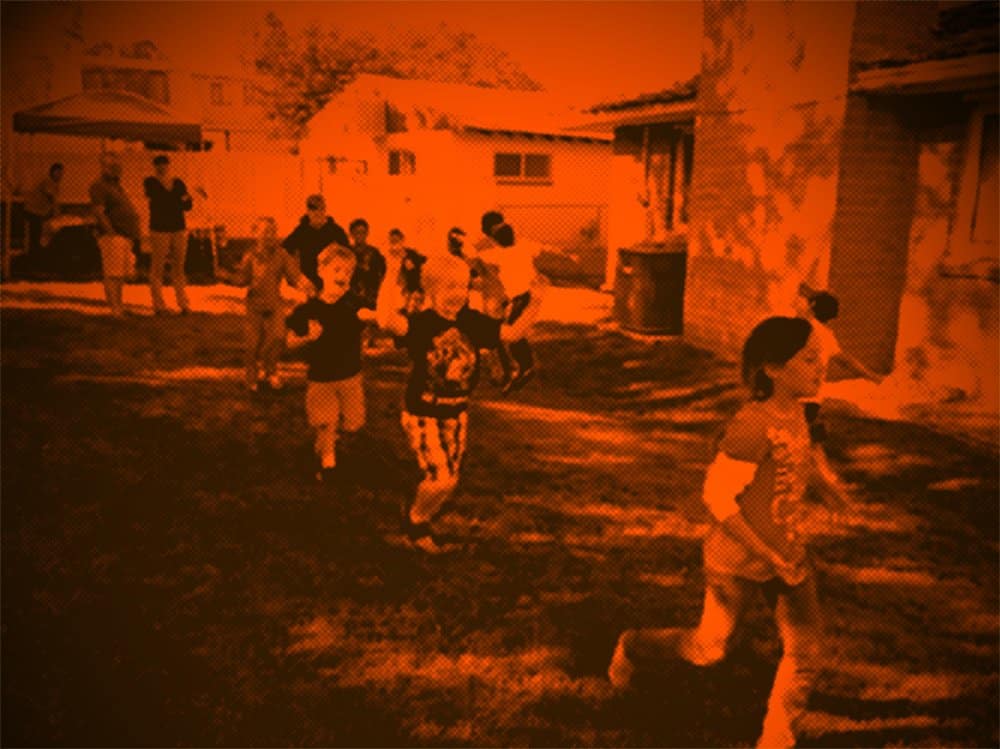Karen L. Willoughby/Baptist Press
WINNEMUCCA, Nev. (BP) – A short video is shown each week at First Baptist Church in Winnemucca, Nev., illustrating Southern Baptist work either in Nevada, North America or the world.
Before the offering is received, worshippers are told that 10 percent of what they give goes through the Cooperative Program (CP) to help fund the work of missionaries such as those in the various videos.
Stace Cupples, pastor of the church in the town of less than 8,000 people, knows firsthand the Cooperative Program’s reach.
“I’ve been part of the Cooperative Program all my life,” said Cupples, who became the church’s pastor five years ago after working as a Nevada Baptist Convention strategist. “I was a [North American Mission Board] missionary and so was my father, so I’m a product of it.”
He knows from personal experience that CP dollars enable missionaries to do God’s work, Cupples said, and has seen – since before his start in ministry 15 years ago – the beneficial effects of churches cooperating in fulfilling the Great Commission.
“When churches are cooperating financially, serving the Lord together so that missionaries can do what God has called them to do, God’s Word will spread and people will be saved,” Cupples said.
About 100 join in Sunday morning worship at First Baptist Winnemucca. Because the church is debt-free, it is able to give generously to missions through the Cooperative Program, the Northeast (Nevada) Baptist Association, and local and regional ministries. The Cooperative Program is the way Southern Baptists work together for the expansion of God’s Kingdom.
Locally, First Baptist’s children’s ministry and music team minister to residents of a nursing home. The church holds its Vacation Bible School at community locations easily accessible by children, such as the three city parks for this summer’s venues, or the backyards where VBS was held last year. And in addition to the church’s food pantry, the youth serve in a local soup kitchen.
“Ministry goes beyond the walls of the church,” Cupples said. “When we focus only on the world inside our walls, then we become complacent. When we all have the same goal to serve God and share God’s love, the generational gaps fade. That is what we desire to do. We disciple each other.”
The church was founded in January 1955 through home-based outreach.
“We started from a small Sunday School class, then an old renovated house that still houses an office and classroom, to a two-story building erected in the mid-1970s to a brick sanctuary built in the mid-’90s,” Cupples said, describing the building itself as a ministry.
The Christian Motorcycle Association’s Nevada chapter met there two years ago for its annual gathering, and the Gathering of Native American Christians of Nevada has held its annual meeting there the past five years.
“It’s been a great experience for us and we’ve learned from it,” Cupples said. “We’re kind of in the middle of several [Native American] reservations here in Winnemucca, and we have a reservation not far from here, so to get to host these, it’s a great support to them and a great blessing for us.
“It seems to be not just an encouraging time and a time of worship, but it’s also a kind of town-hall type setting, where Native Americans can learn from each other and learn how to develop their ministries,” he said. “It seems to be growing each year.”
First Baptist Winnemucca has a growing reputation for being approachable, for being thought of as “good people” and, as a result, the church was invited to be part of a local bluegrass music festival last year.
“Any time we have things God drops in our laps,” Cupples said, “we’re going to jump in and be a part of it.”
First Baptist was the only Southern Baptist church between Salt Lake City, Utah, and Reno, Nev., and the only evangelical church in Winnemucca when it began in the mid-1950s. The church’s present location is a half-mile south of Interstate 80, which stretches nationally from the Atlantic Ocean to the Pacific.
The church stretched itself regionally in the 1960s and ‘70s by planting churches in nine locations across northern Nevada. Today it looks for ways to serve the area’s unreached minority groups, most of whom are suffering hardship as a result of the nation’s prolonged economic downturn.
“There are so many needs here, so many ministries that could be,” Cupples said. “But the biggest challenge is breaking the bonds of spiritual oppression.”
Gambling is legal everywhere in Nevada; Winnemucca hosts an annual “Runamucca” motorcycle rally, a smaller version of the Sturgis Motorcycle Rally; the area’s biggest employers are commercial gold-mining operations, but with less demand for gold, the mines are laying off workers.
“It’s a hard area to live in and to minister in,” Cupples said. “But we know the rest of the story; we know God wins in the end.”
The gold mining culture and cattle ranching, the region’s other main economic engine, attract many young families to whom the church ministers.
“Most have never had any true contact with the gospel,” the pastor said. “That’s one thing we can do for them.”
Cupples disciples potential leaders individually, often seeing them move out of the area for a variety of reasons, but he appreciates equipping missionaries for service wherever God takes them.
“This church has been known for its ability and willingness to support mission work,” Cupples said. “It’s been very much a part of the DNA of First Baptist Winnemucca.”

